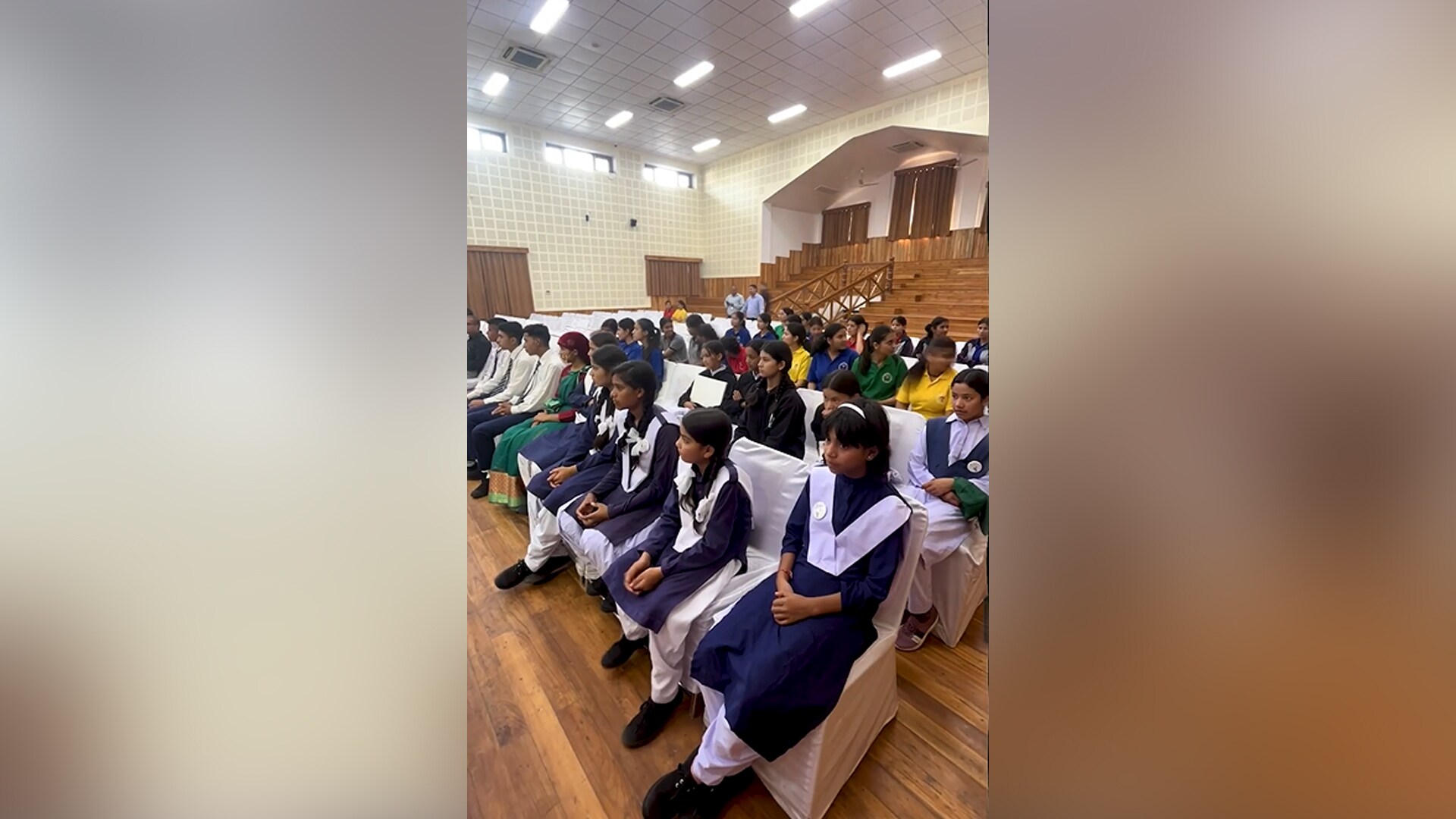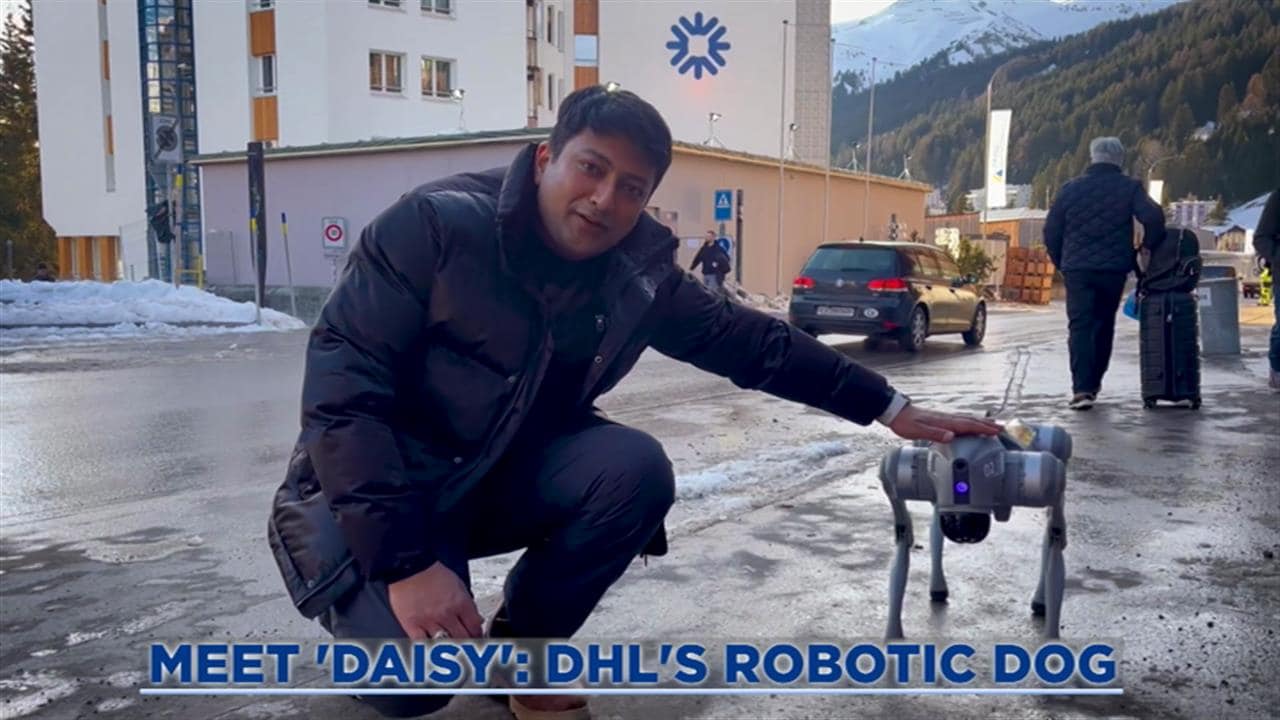

- Home/
- Top Stories/
- WEF 2013: Davos looking for credible India, not incredible India
Advertisement
WEF 2013: Davos looking for credible India, not incredible India
Reported by Namrata Brar | Updated: January 24, 2013 09:39 IST

India has a steep slope to climb here at Magic Mountain. There is only one session on India amongst 260 and only four sessions with Indians on panels. China, Russia, Africa and even Indonesia beat us hollow. What went wrong? Politics played a part. Reforms have become a defensive move, more than a proactive one. Also, the ongoing uncertainty about GAAR has hurt. Once bitten, twice shy.
On camera the conversation is optimistic, but the astute acknowledge reality. Uday Kotak, while eyeing 10-15 per cent returns for stock markets in 2013, says: "It's like treating a patient with steroids. You don't know how he will eventually recover. We just have to wait and watch."
Anand Mahindra, meanwhile, is trying to make the most of the uncertainty. "Please don't look for certainty. A regulated autocratic economy looks for certainty and I certainly don't want to be a part of that."
Manish Kejriwal of Temasek fame, now with his own private equity fund, is more candid. "Davos has certainly lost the India flavor. But then you can't expect it every time. There is never a straight line."
Azman Mokhtar of Malaysia's Khazana Nasional, one of the world's biggest sovereign wealth funds with investments in Apollo Hospitals, Idea and IDFC says: "Regulation is always a problem. But for people like us who are in for the long term, we continue to scope."
And there are some who are investing, but more cautiously. Gregory Page heads Cargill, the $134 billion agri-business giant that has recently invested Rs 500 crore in a new corn milling unit in Bangalore. "We are slowly going to ramp up, you have to understand that the foods business growth is 2-3 per cent versus the dizzying double digits of telecom and services. So we are more considerate in our approach. We are talking to Walmart along with local brands."
Meanwhile, Ministers Kamal Nath and Anand Sharma are talking to Walmart, Tesco and Diageo on the sidelines. There are signs of wanting to please.
Doha talks are also back on the table. World Trade Organisation chief Pascal Lamy is hopeful of India signing on the trade facilitation agreement, which makes imports and exports earlier. Mr Lamy is leaving for India post Davos, and seems to suggest that the long running battle between subsidies and tariffs may still have hope.
"A lot of people think that India walked away from the negotiating table. But it's really much more complicated. And yes, sealing Doha will be the legacy I would like to leave behind," says Mr Lamy, who is due to retire in August.
India is trying hard. Maybe too hard. Actions have consequences. And we must pay for some now. It is time for a reality check. Don't over-promise and under-deliver.
Sandeep Naik of General Atlantic puts it well, "We don't need an incredible India, we just need a credible India."
Published: January 24, 2013 08:15 IST
Latest Videos
More VideosComments












